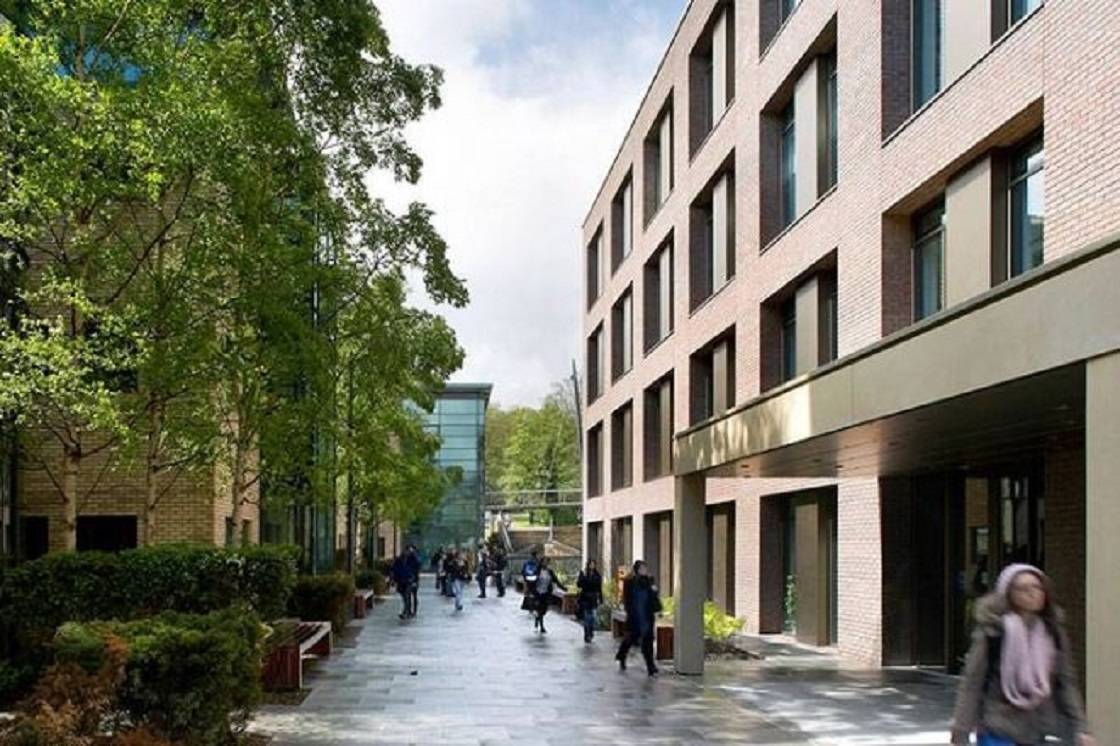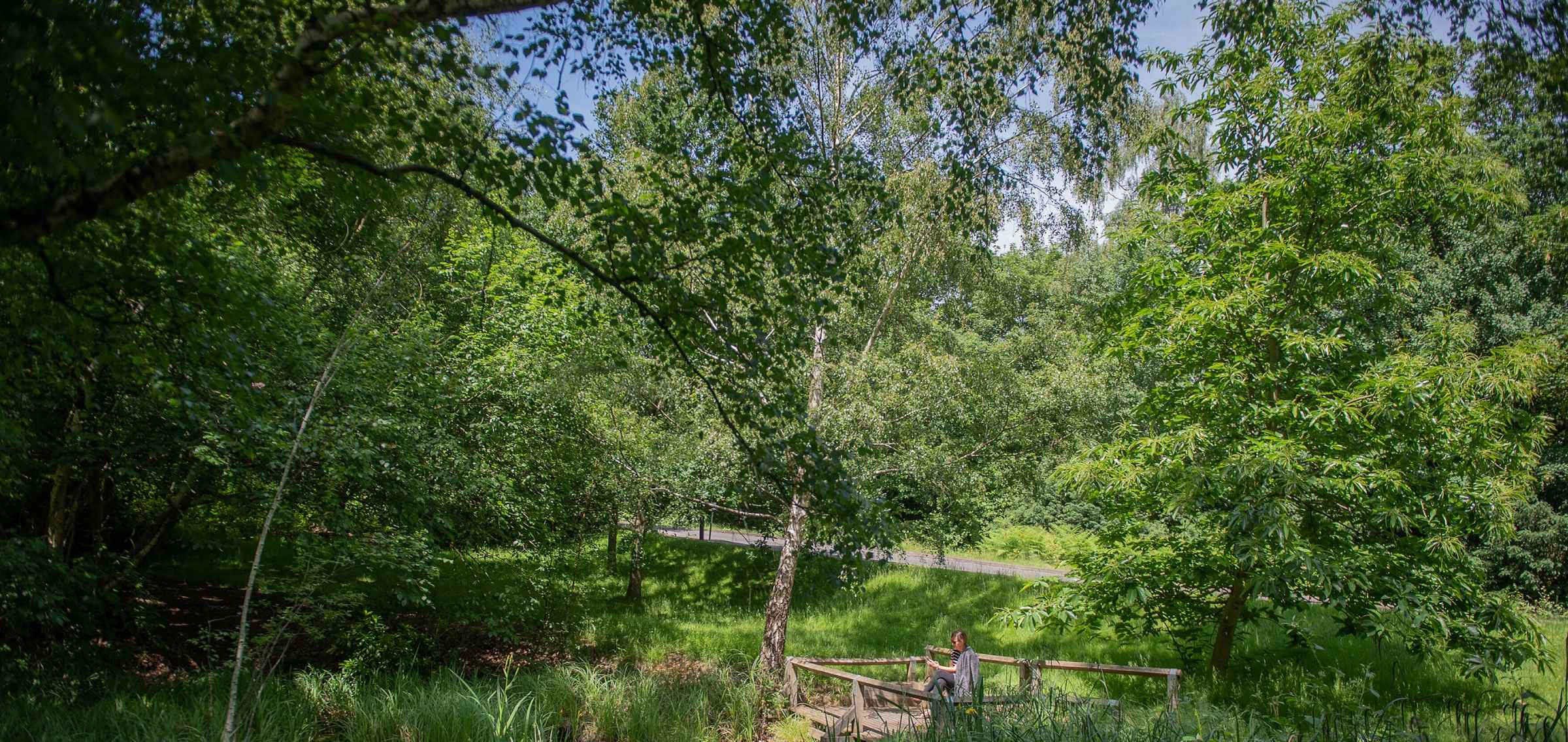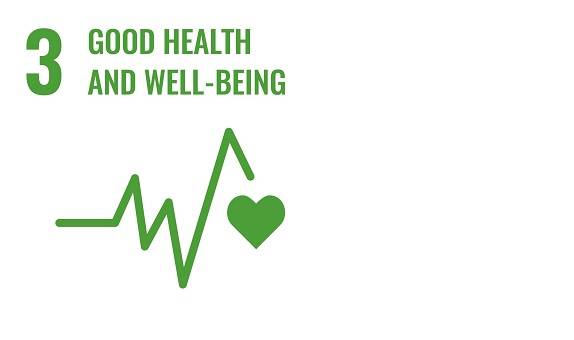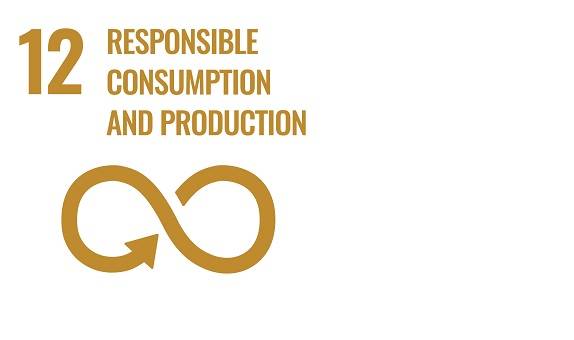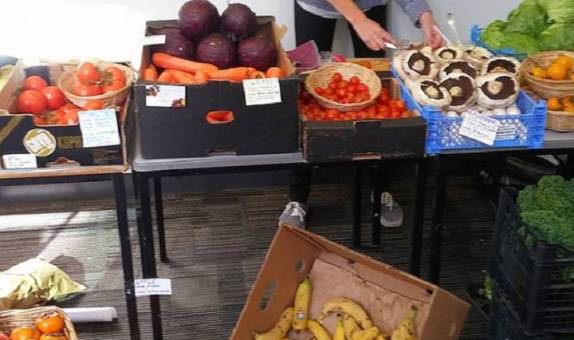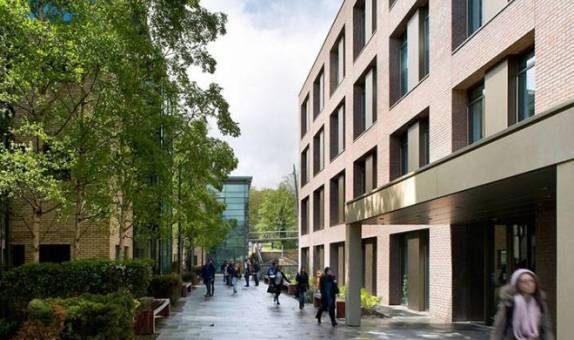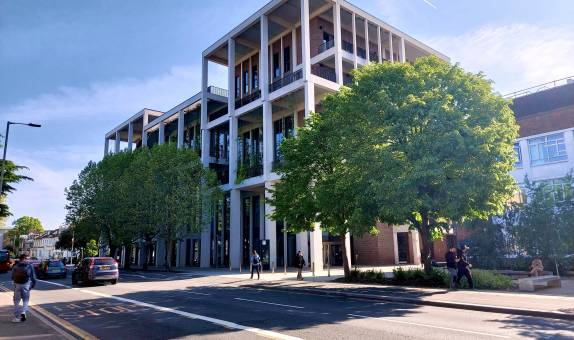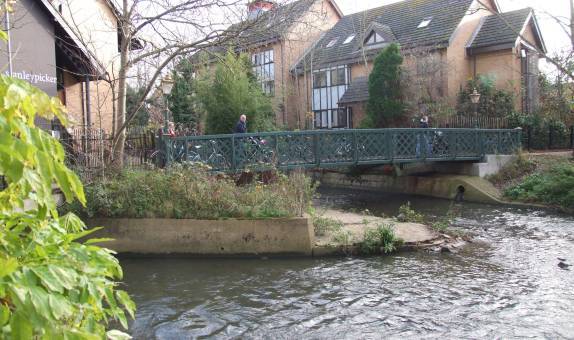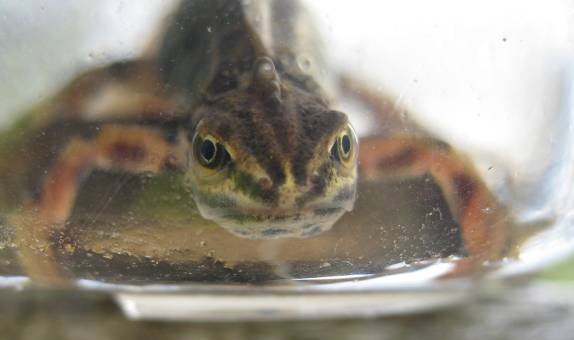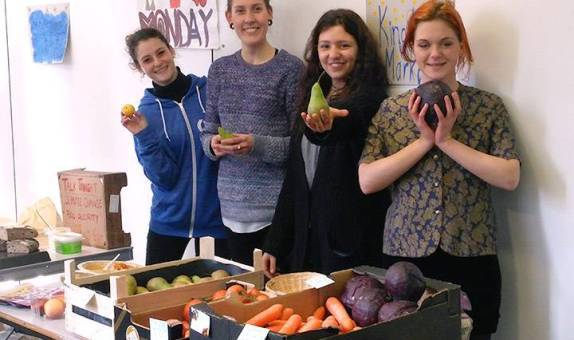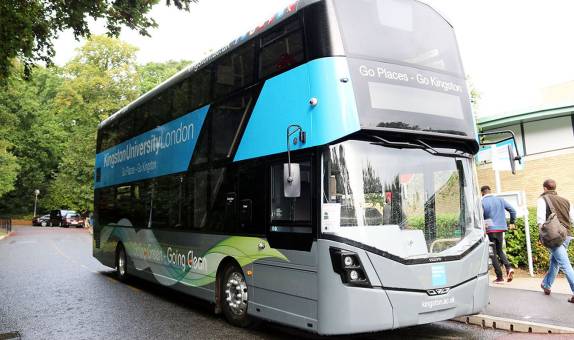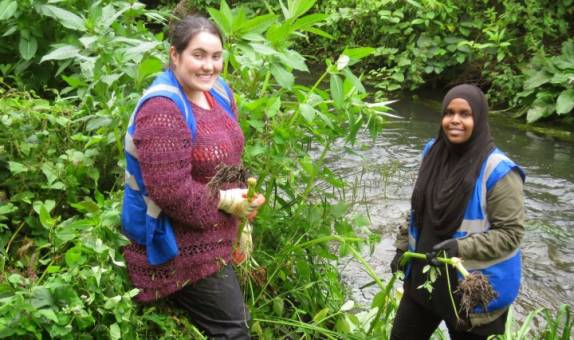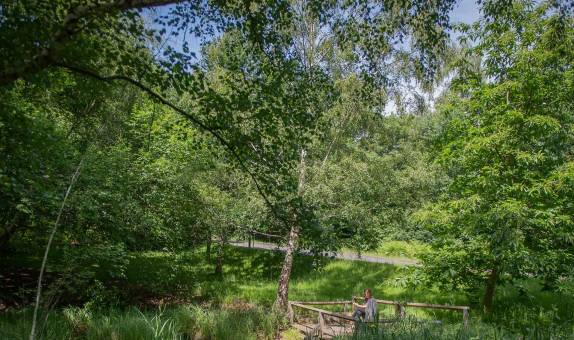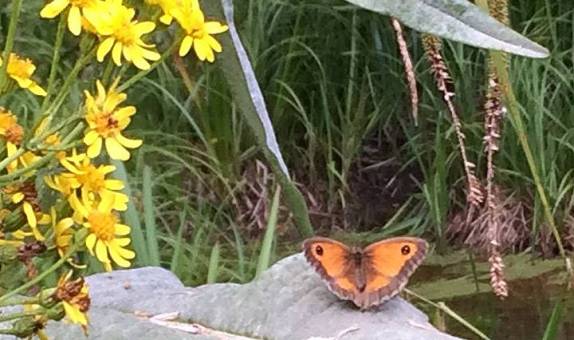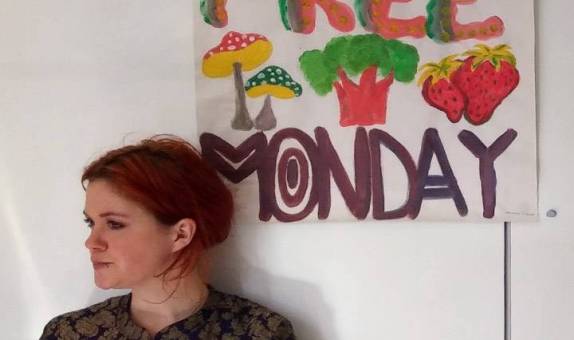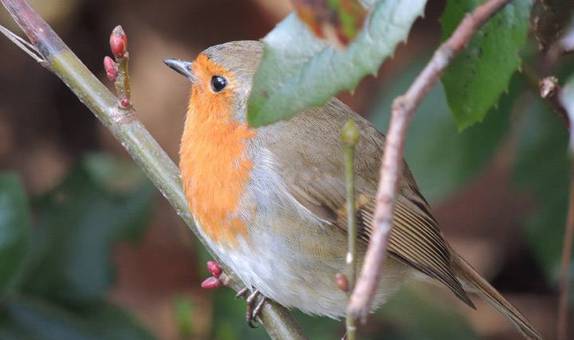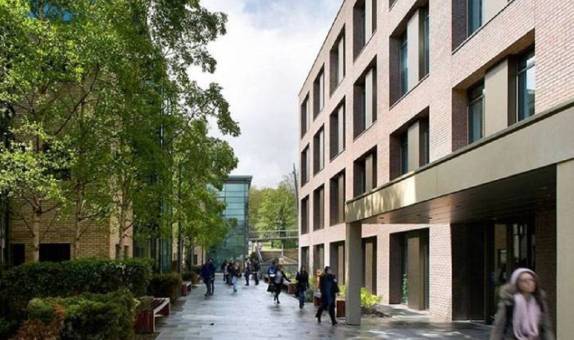Food
Supporting the United Nations Sustainable Development Goals
Kingston University's practices tie in with the United Nations SDGs, which aim to transform our world and promote prosperity for all while protecting our planet. The University's policy on food supports:
Sustainable food at Kingston University
Kingston University is committed to reducing the negative environmental, ethical and social impacts associated with food products and services. Our catering contractor supports this commitment by sourcing locally-grown seasonal ingredients, procuring sustainably-certified products (Red Tractor, Marine Stewardship Council and Fairtrade) and ensuring that all its suppliers comply with UK and EU animal welfare standards. Our catering contractor does not use palm oil for cooking, and is committed to purchasing 100% sustainable palm oil products from RSPO (Round Table on Sustainable Palm Oil) accredited suppliers.
Our catering contractor is also working to reduce single-use items within its operations and offers 20 pence off hot drinks when students and staff use a re-useable cup. We also use plant-based compostable food service packaging instead of single-use plastic.
Reducing consumption of meat and dairy has been identified as a significant way that individuals and organisations can reduce greenhouse gas emissions (GHG) and tackle climate change. Our catering contractor has introduced new options for vegans, vegetarians and flexitarians as well as for those who simply want to try something new.
Globally, approximately one third of all food goes to waste. In landfill, this waste produces methane – a powerful GHG which is 25 times more damaging to the environment than carbon dioxide. Kingston University has a zero-waste-to-landfill policy in place. All food waste from University operations is diverted from landfill and sent for anaerobic digestion, where it is broken down by micro-organisms to create biogas and liquid fertiliser. In addition, Kingston University helps staff and students tackle food waste at home, by providing microwaves across our campus sites which can be used to reheat leftovers. At present, our catering outlets at Penrhyn Road, Knights Park and Kingston Hill advertise left-over food on the app Too Good To Go at a discounted price.
Kingston University was the third university in London to achieve a 'Fairtrade University' status. Since 2006, it has sold Fairtrade products and annually supports Fairtrade Fortnight. In 2022, Kingston University was awarded a one-star-accredited Fairtrade University status. The Fairtrade Award Team continues to work through a bespoke online toolkit to embed Fairtrade within our curriculum, procurement, research and campaigns.
Our Fairtrade Action Plan details how we will progress the Fairtrade agenda at Kingston University. Read more about our progress in our Fairtrade Impact Report.
Find out more by visiting the Fairtrade Foundation website >
At our Kingston Hill campus the University has provided a space for an allotment to enable students to grow their own fruit and vegetables. The allotment group is free to join for further information please contact ukssustainability@kingston.ac.uk.
As part of our Green Impact programme, staff are encouraged to grow their own fruit and vegetables both at home and at the University; there is also an active KU Gardening Club open to all staff.
To help rescue food in your local area, sign up to Too Good To Go and OLIO.
Get in touch with the Sustainability Team
Estates and Sustainability
Services Building
Penrhyn Road Campus
Kingston upon Thames
KT1 2EE
United Kingdom
Tel: +44(0)20 8417 6520
